Jean Campbell on Redefining Pain
Jean Campbell built a successful modelling career all while managing chronic pain — she's now using her platform to help others navigate similar hidden struggles.

What inspired you to start your podcast, I’m Fine?
My journey with both acute and chronic pain began when I was 12, and it’s something I still live with today. Throughout these years of managing an incredibly difficult condition, I’ve learned to cope, and for that, I’m unbelievably grateful. I realise I am one of the lucky ones, and that I am privileged to have found and had access to resources that have helped me. I wanted to create a community and a platform that offer conversations of hope, connection and to offer solutions. Solutions that people need. Pain is universal and without solutions; suffering is inevitable for all of us. A huge part of my experience was loneliness, as it has been for those I’ve been fortunate enough to connect with through making the podcast (Listen here and here).
You often talk about “redefining the narrative of pain”. What does that mean to you personally?
It means moving from hopelessness to hope; moving from feeling broken or without options to finding solutions and finding ways to take action. I’ve had the blessing of speaking to many remarkable people, people who’ve dealt with and still deal with issues far worse than anything I’ve known. But what we have in common is a hope of finding a way to change minds and open opportunities to the idea that pain could be seen as an opportunity and a teacher. Maybe it could guide solutions we didn’t know existed and offer a different perspective on the world. Maybe there is a way I can claim power over my pain despite the fact it still exists.
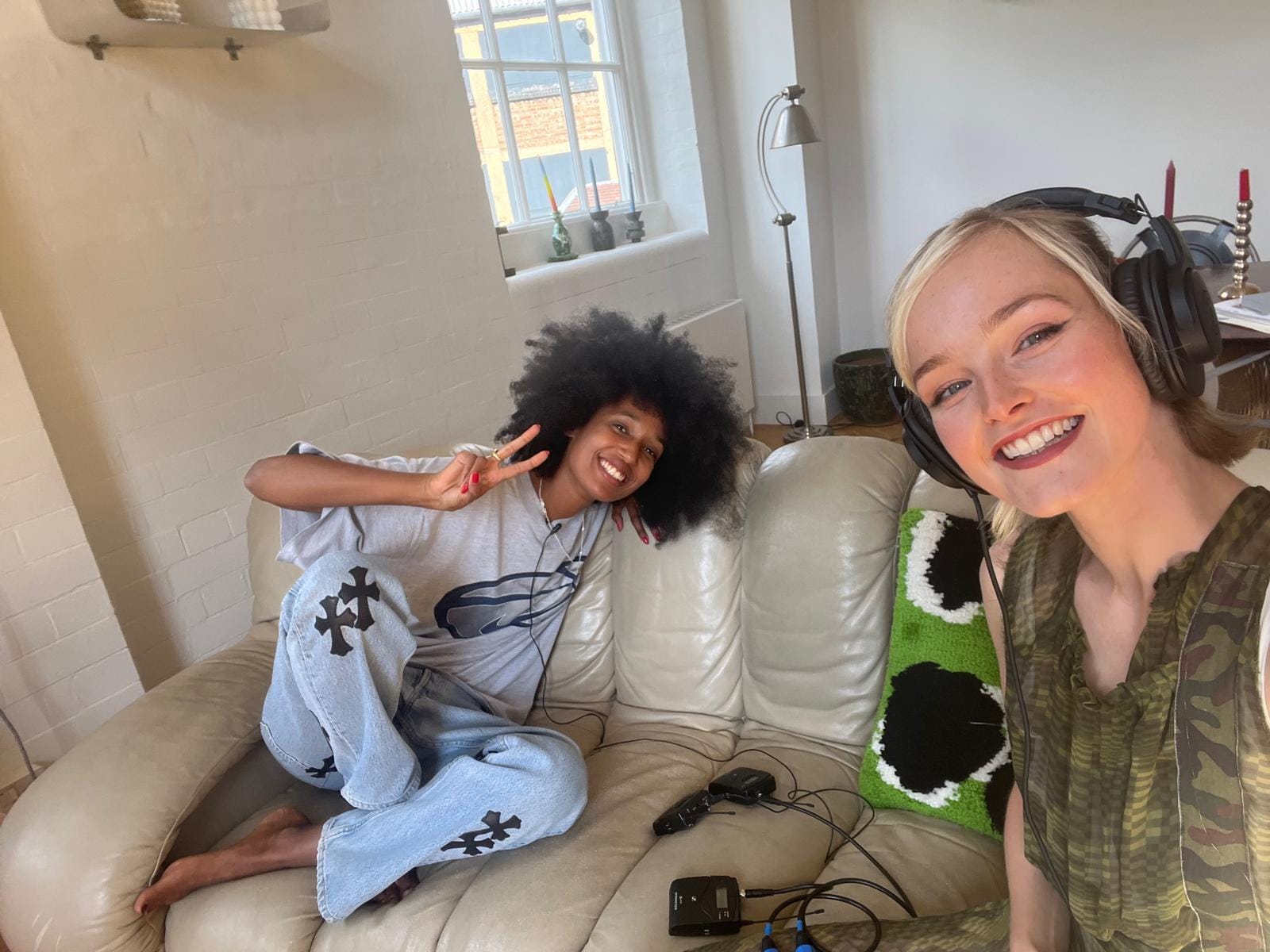
Is there a particular episode or guest you’ve featured on I’m Fine that deeply resonated with you?
I recently recorded a panel discussion about sex and love at the Twenty Two, [a hotel and private members’ club] in London, which I released on Valentine’s Day. I was grateful to have the opportunity to do this, hosting about 80 women, with Dr. Adrienne Loth and Natasha Silverbell. Sex and love are two areas that can feel quite unapproachable when navigating vulnerability, wherever you are in your life – married, single, young, old… I have had my own journey with this, and I wanted to offer an open and in-depth conversation, where people could connect. Whether it was about breaking the unrelenting standards we hold ourselves to, overcoming the fear of not fitting into sexual norms, creating space for healing from past experiences, or all of the above – and more – everyone’s story was welcomed, as each one has something to offer that can help someone else.
What has the response to I’m Fine been like?
It has been the most humbling and rewarding thing I have done. I feel so lucky to be doing what I’m doing. When I started the podcast, my aim was to offer solutions and connection for the many millions of people navigating pain in isolation. I don’t want anyone to feel alone and I have been lucky to find ways of coping with my pain. But not everyone has this luxury. I told myself that if it helped one person that would be enough, though 33% of our global population suffer with chronic pain. Chronic pain is pain that lasts over three months. And I think something like 30% of GP consultations in the UK are taken up by musculoskeletal issues, which makes up for 28.2 million lost working days in the UK each year.
Managing chronic pain is obviously something very personal to you.
I spent 17 hours under general anaesthesia as a teenager. My pelvis was broken in six places and readjusted over four different procedures, all to correct my hip dysplasia, a condition where the hip sockets are shallow. I was diagnosed at 15 and had to wait for my growth plates to fuse before I could have surgery, since I was still young. By the time I had my first operation at 16, I could barely walk for more than five minutes. Even so, I’m fortunate to have been in a position to receive the surgery and the help I needed.
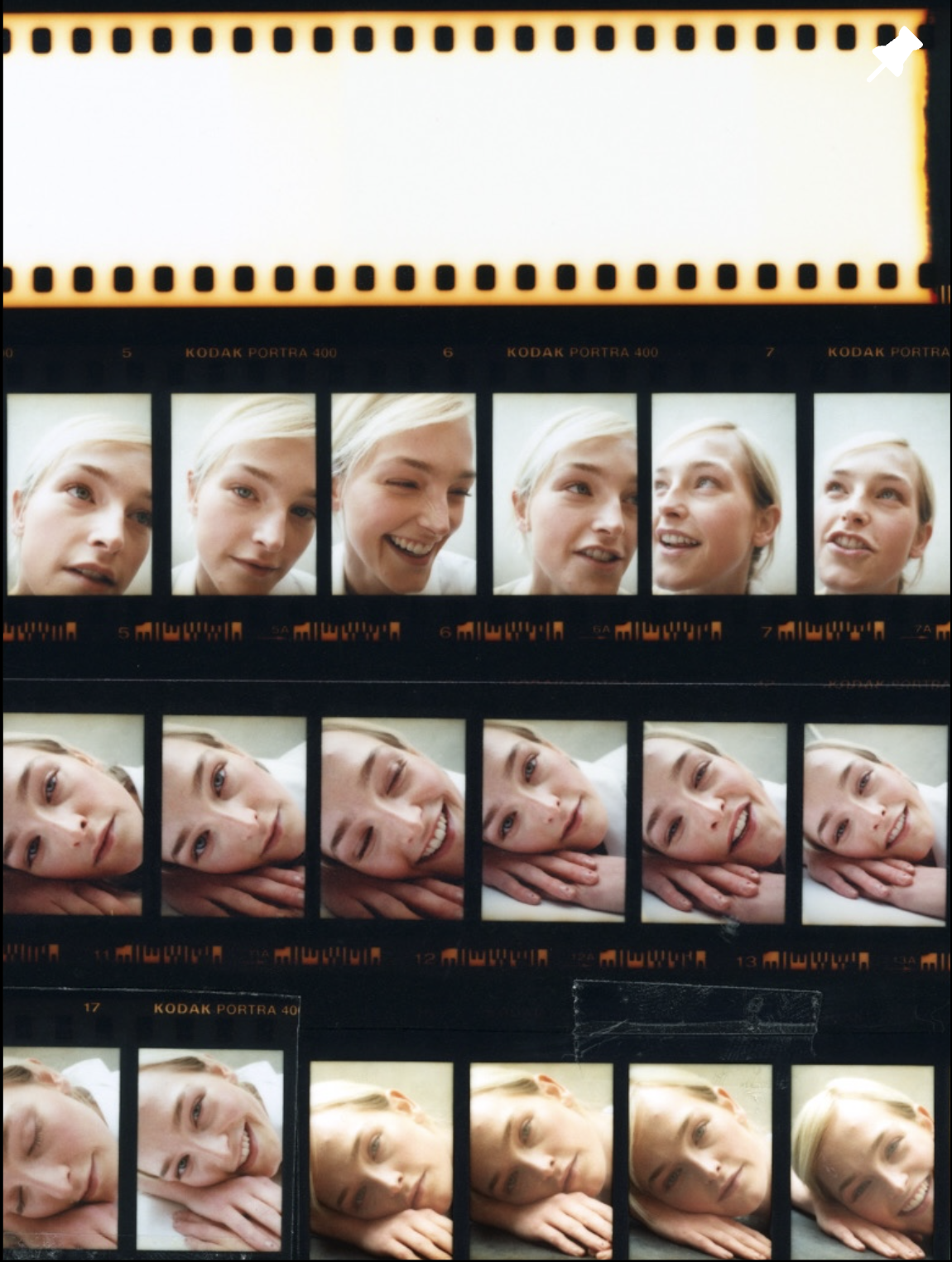
I’ve also been lucky to work as a model. In fact, I had my first surgery just a week after my first shoot. With each procedure, they broke my pelvis in two parts, performing one side at a time, so the other could support me during recovery. After each surgery, I spent a month in a wheelchair and three months on crutches, and it took about a year and a half to walk properly again after each procedure. Even though I was in the best possible position for recovery, I had no idea how to cope with everything I was going through.
How have you managed to find strength through it all?
Firsthand, I can say I truly understand where a journey with pain can take you. For me, that journey led to a very dark place. When I was 19 and had the final of four surgeries, I was still experiencing pain a year and a half later. I was advised to undergo eight additional surgeries, including having the tops of my legs broken and realigned, and having the ball joint cut off and adjusted to the correct angle for the hip joint. I chose not to go through with those surgeries because, honestly, it just didn’t feel possible. I had already spent three years going through surgeries and recovery, and committing to another six years of surgeries and recovery didn’t seem feasible.
In some ways, I consider myself lucky. Out of a place of desperation and hopelessness, I found ways to manage my pain without those additional surgeries. What really helped me was approaching my pain with a 360-degree perspective. Meditation has been key, as well as low-intensity exercise, which is surprising given that I’m not entirely able-bodied. Despite everything, my life has turned out to be a surprising journey. I never expected to live off my physicality or to have a position in the fashion industry as a model. I also never expected my pain to become such a defining part of my experience. But despite all the unexpected costs, I’ve also gained so much from it.
What’s the best piece of advice you’ve received on managing pain?
Someone once told me, just before my second major operation, that there’s no such thing as “getting back to normal”. At the time, I didn’t fully understand, but this person, a dancer who had endured numerous injuries, explained that pain and recovery would be something I’d need to learn to manage. Looking back, I realise how true that was. My advice would be to listen to your body, to be patient, to give yourself grace and to approach it with curiosity. Our bodies are capable of incredible things when we take the time to understand and care for them.
Can you recommend any resources that help navigate pain and suffering?
One film that stands out to me is All the Beauty and the Bloodshed (2022). While it might not be directly focused on managing pain, it’s incredibly informative and deeply moving, exploring the life and journey of Nan Goldin and the fall of the Sackler family. I also recommend The Road Less Traveled (1978), a book by M. Scott Peck, which is more psychological in nature but offers profound insights into how we can approach suffering.

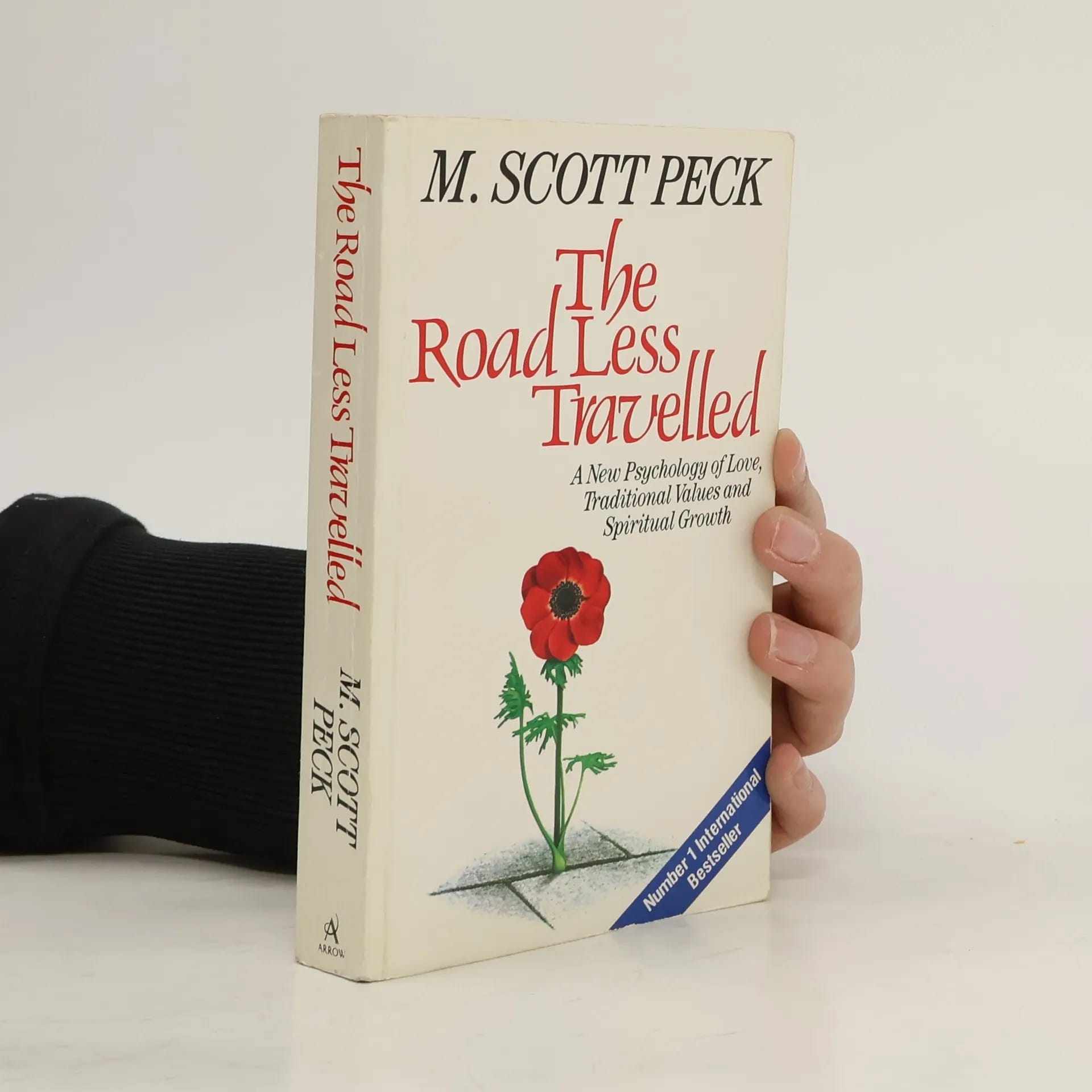
For something more practical, persistence has been key for me. When I was given physio exercises and told to avoid impact through my joints, I took it upon myself to find ways to adapt. I searched for Pilates routines on YouTube that incorporated my prescribed exercises, and it turned out to be a great resource for building core strength. Pilates is wonderful because you can do it at home for free, although there are paid classes if you prefer.
Meditation has been another powerful tool for me. The app Insight Timer is free and offers endless resources. I also recommend searching for guided meditations or sound meditations on YouTube. They can be incredibly calming and grounding.
Community has also been essential. I’ve found immense value in leading talks, panels and workshops, where I’ve not only benefited personally but also seen how much they help others. I encourage anyone dealing with chronic pain to connect with people who understand – this journey can be isolating, but finding others to share it with can make all the difference.
And, of course, my podcast is something I hope will be a helpful resource. I feel that what I’m doing is unique, and it’s a project I wish had been available to me during my own struggles.
What’s currently the biggest challenge in moving your mission forward?
Creating awareness is a major challenge. The conversation around pain, its impact and alternative solutions needs to be elevated. Right now, the biggest hurdle for me is finding the resources to bring this vision to life. I’m starting on my own, and I’m actively looking for sponsors to help fund season two of the podcast, expand in-person events and create more community-driven solutions. With more support, I can reach even more people and provide the resources that are currently lacking.
In terms of reframing pain, what does the future look like?
My goal is to create a world where people don’t feel alone in their pain. I want them to feel empowered with the knowledge that there are options beyond just pain medication. I hope to shift the focus towards long-term solutions, to help people think differently about pain and how they manage it. I want information and support to be readily available to those who need it, and I envision a future where no one has to face pain in isolation.
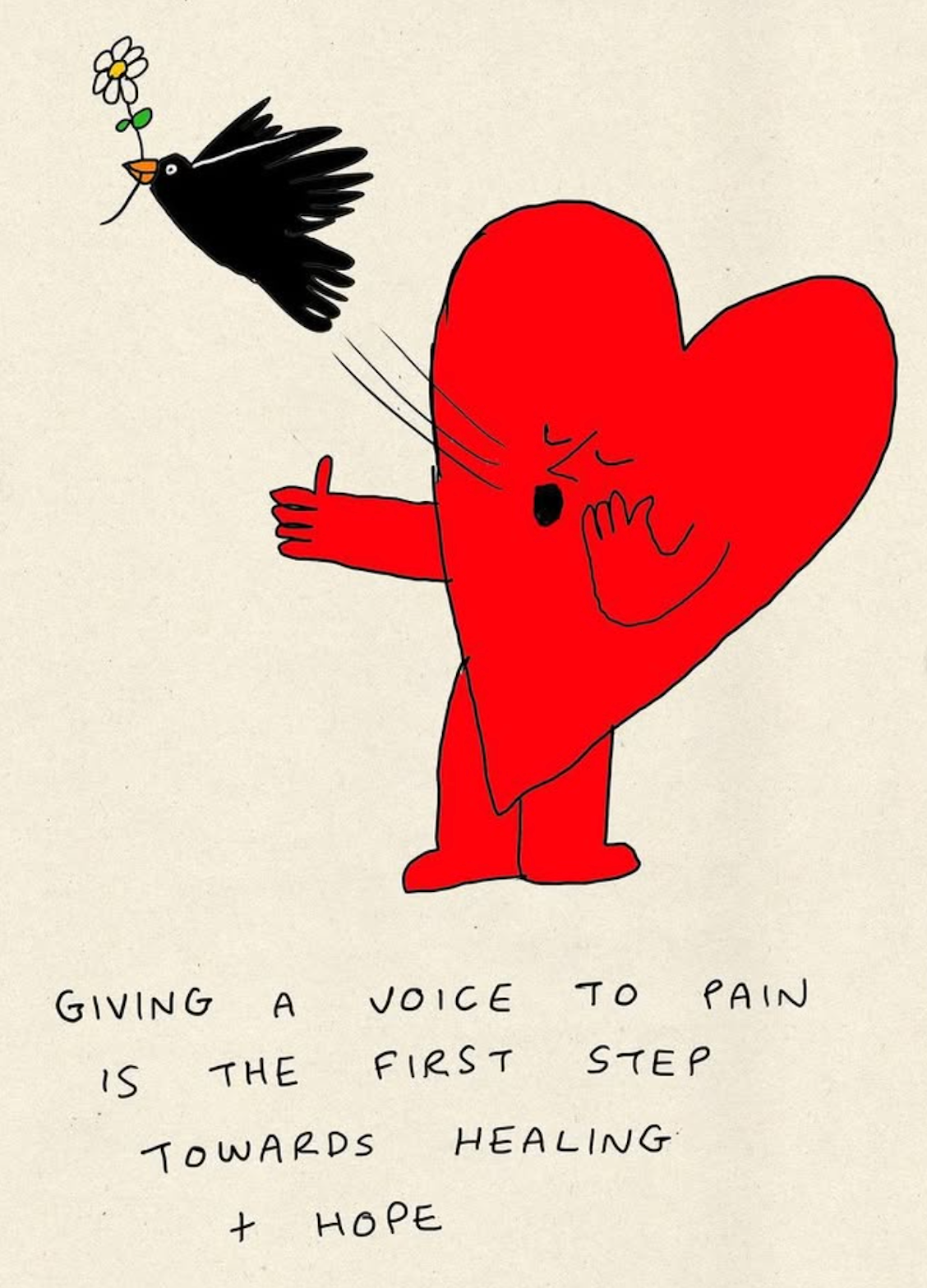
I’m Fine is a podcast hosted by Jean Campbell, with guests ranging from stylist Julia Sarr-Jamois to photographer Jaime Hawkesworth.
| SEED | #8296 |
|---|---|
| DATE | 25.02.25 |
| PLANTED BY | PROTEIN |
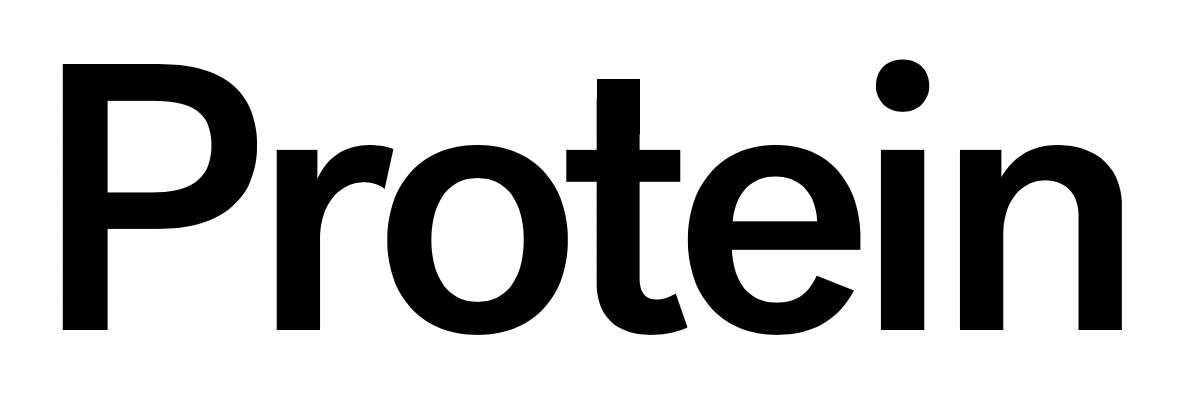

Discussion